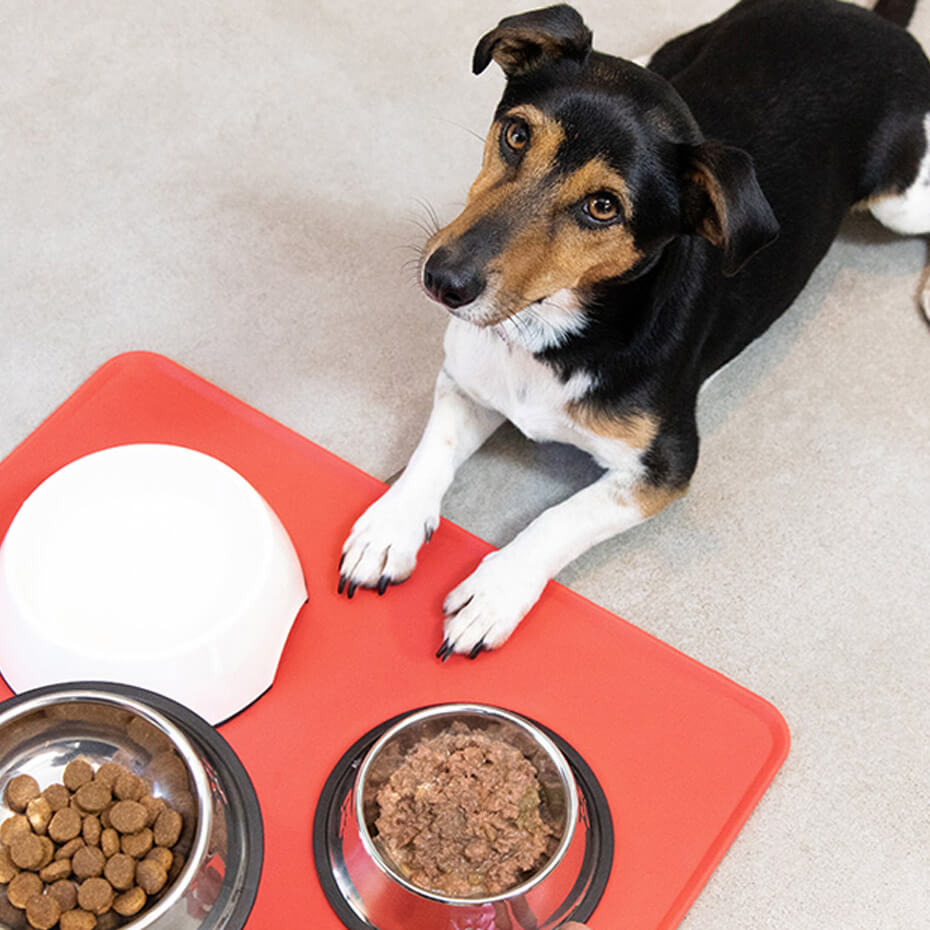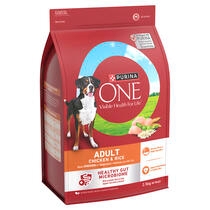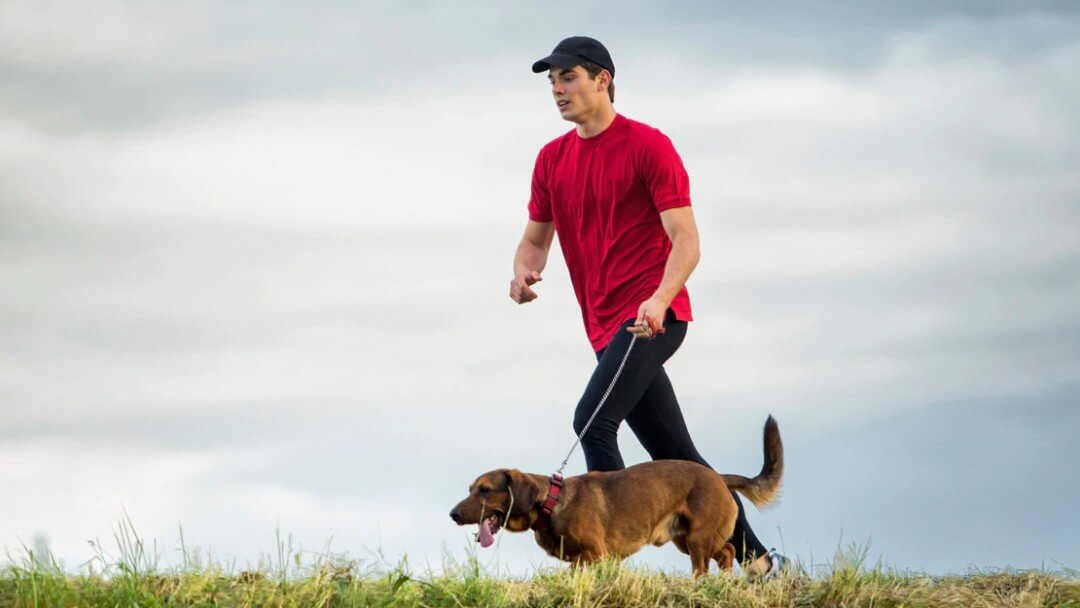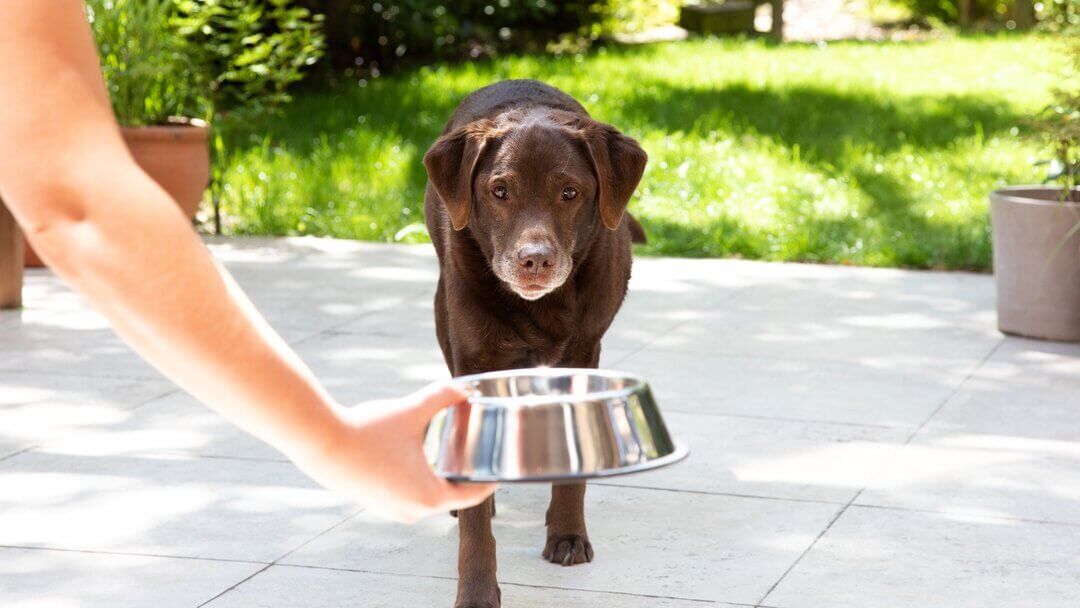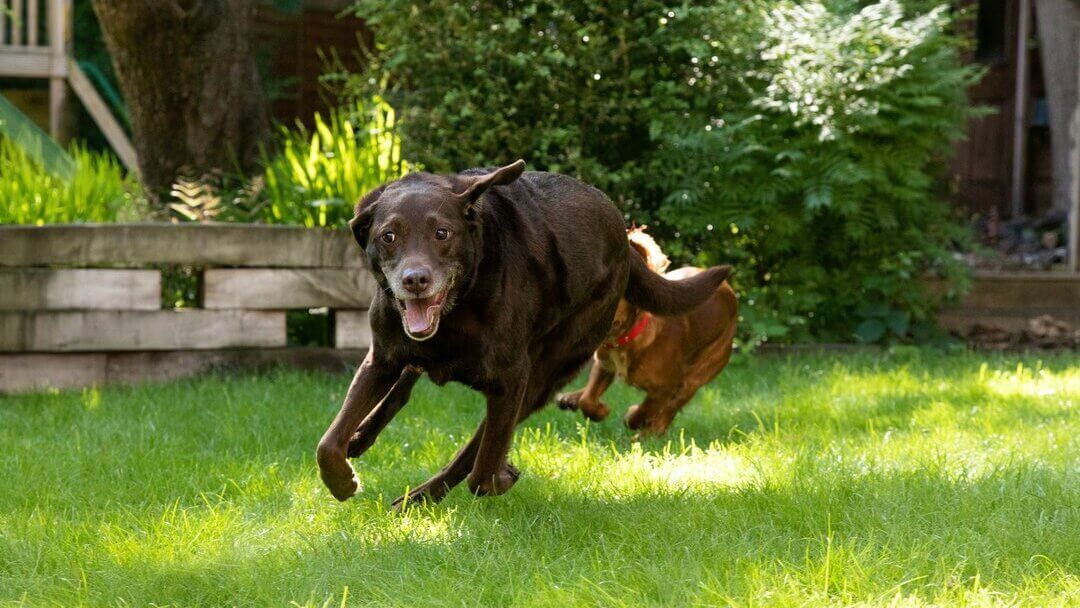
Is Your Dog a Picky Eater?
It may be that you’re offering your dog a large variety of foods, which could encourage him to refuse his regular food in order to see what will be offered next. Some dogs are eager to eat a particular pet food for several days, and then suddenly this eagerness vanishes and they eat reluctantly or refuse to eat for a few days. Sometimes this refusal is the dog’s attempt to control calorie intake. Overeating can cause a dog, like a human, to experience an uncomfortable feeling. It can be normal for a dog to attempt to relieve his discomfort by not eating or eating very little of his food.
If your dog isn’t normally picky about his food and you’ve avoided creating “problem eater” habits, a trip to your veterinarian may be in order. Any deviation from his normal habits may be a sign of illness.
How to Tell if Your Dog is Overweight, in Ideal Body Condition or Too Thin
- Rib Check: Place both of your thumbs on your dog’s backbone and spread both hands across his rib cage. You want to be able to feel his ribs. Actually feeling your dog is important, as the coat of many dogs will make a visual check difficult.
- Profile Check: Examine your dog’s profile – it’s best if you are level with your dog. Look for the abdomen to be tucked up behind his rib cage – this is ideal.
- Overhead Check: Looking at your dog from overhead, identify whether you can see a waist behind his ribs. Most dogs at a healthy weight should have an hourglass figure.
If you find that your dog’s ribs and waistline aren’t where they’re supposed to be, adjust the amount of food offered accordingly.
Digestive Health
Gastrointestinal disease is one of the most common reasons dogs are brought to their veterinarians. Some digestive problems can be a result of dog food intolerances, and may resolve once the dog’s digestive system is given a chance to rest. But more serious conditions could result in weight loss, dehydration and debilitation. Your veterinarian can determine the appropriate treatment.

